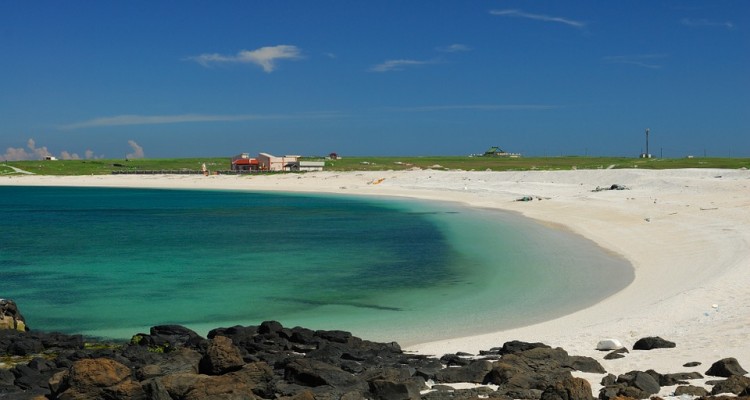Penghu, one of the outlying islands in Taiwan is expected to vote on October 15 on a referendum that could allow the development of casino resorts on the island. While gambling is forbidden in Taiwan, the government in 2009 had lifted the ban on the outlying islands of Penghu, Matsu, and Kinmen.
This will be the second occasion when Penghu residents vote on a referendum as the referendum was first put to vote back in September 2009 when more than 17,000 residents voted and 56.44 percent decided against allowing casinos on the island. The referendum has been placed on the ballot yet again as a number of legislators believe that Penghu can benefit immensely from developing casino resorts as it will create more jobs, generate gambling taxes for Penghu and bring in more foreign tourists.
The ruling Democratic Progressive Party (DPP) party has been against the development of casinos in Penghu from the start and the President of Taiwan once again reiterated her party’s stance on the issue. Earlier this week, President Tsai Ing-wen confirmed that the DPP party strong believed that casinos were not required in Penghu for further development to take place. The President wants Penghu to focus on developing their tourism industry instead of trying to build a gambling industry which the DPP believe is not good for Penghu and its residents.
The DPP rules the main island as well as Penghu and had asked voters in September to say ‘no’ to the referendum. Some Penghu residents agree with the DPP government’s decision to oppose the casino industry but want the DPP to first come forward with specific plans for developing Penghu. Those in favor of casino resorts in Penghu did not appreciate the government’s comments on the referendum and stated that the DPP should remain neutral and allow Penghu residents the freedom to make a decision without trying to influence them.
Investment analysts believe that even if residents vote in favor of the referendum, developing casino resorts in Penghu could still be difficult as the ruling government could pose challenges for casino developers. In a statement, gaming industry expert at National Taiwan University of Science and Technology, Dr Liu Day-yang said “If Penghu passes the referendum, it can join hands with Matsu to negotiate with the central government and demand voters’ wishes be respected. The DPP has to carefully reconsider its position to revive the economy”.
The success of possible casino resorts in Penghu will also be heavily dependent on tourists from Mainland China and this could pose another problem as Beijing does not want its citizens traveling across the border to gamble in Taiwan.



